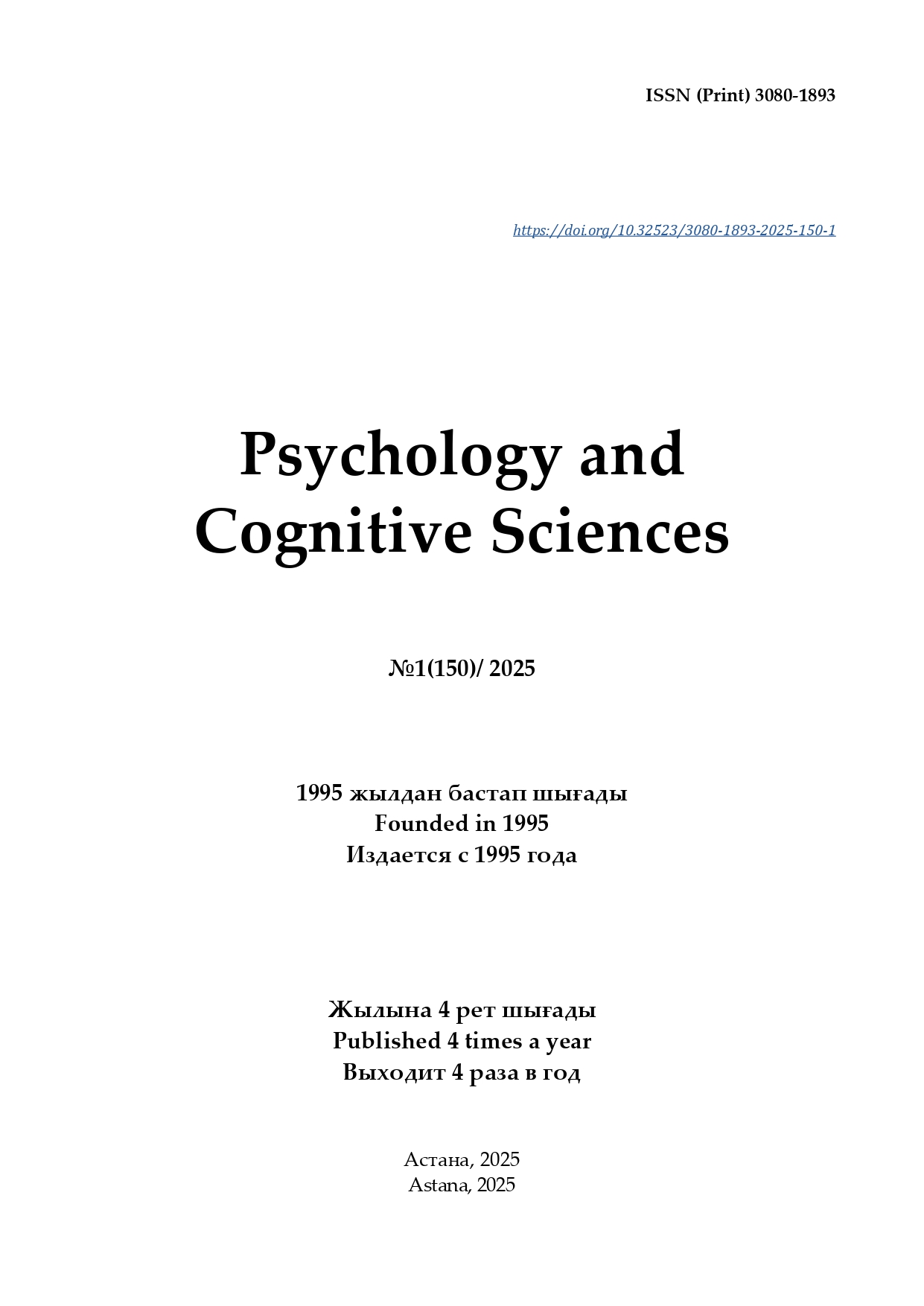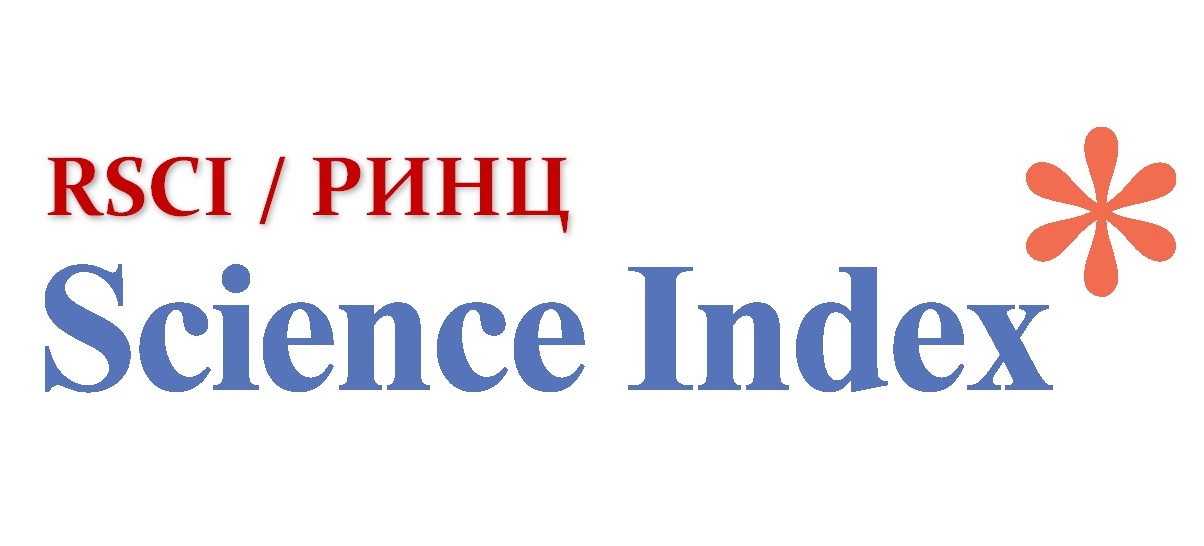Research on of the relationship between assessing the levels of personal growth and self-perception of students based on the scale of psychological well-being by K. Rieff
DOI:
https://doi.org/10.32523/3080-1893-2025-150-1-121-136Keywords:
psychological well-being, students, happiness, personal growth, self-esteem, self-perception, interpersonal communication, research, Rieff scale.Abstract
The article presents the results of a study of the relationship between the assessment of the levels of personal growth of students and the self-acceptance scale based on the K. Rieff scale of psychological well-being. When studying psychological well-being in the scientific literature, each researcher usually relies on one of the existing approaches or tries to synthesize a new author’s approach to this phenomenon, accumulating the experience of previous scientists. But, despite this, science still does not have a clear definition of this phenomenon and a unified idea of its structure. Even the question of how to achieve high levels of well-being is still controversial. As K. Rieff noted in his review of psychological well-being research over the past 25 years in 2014, the relationship and impact of this phenomenon on many aspects of human life have already been studied, but many questions remain unanswered. That is why he called research in this direction a worthy goal for the next 25 years. All this requires scientific research into the mechanisms that contribute to the successful increase and maintenance of psychological well-being in adulthood, as well as psychological well-being itself as a resource for personal development.
In this regard, our study describes the process of proving the connection of the psychological well-being scale with students’ self-perception and assessment of levels of personal growth.
In addition, the article examines different ways of understanding psychological well-being: hedonic and eudaimonic approaches.






